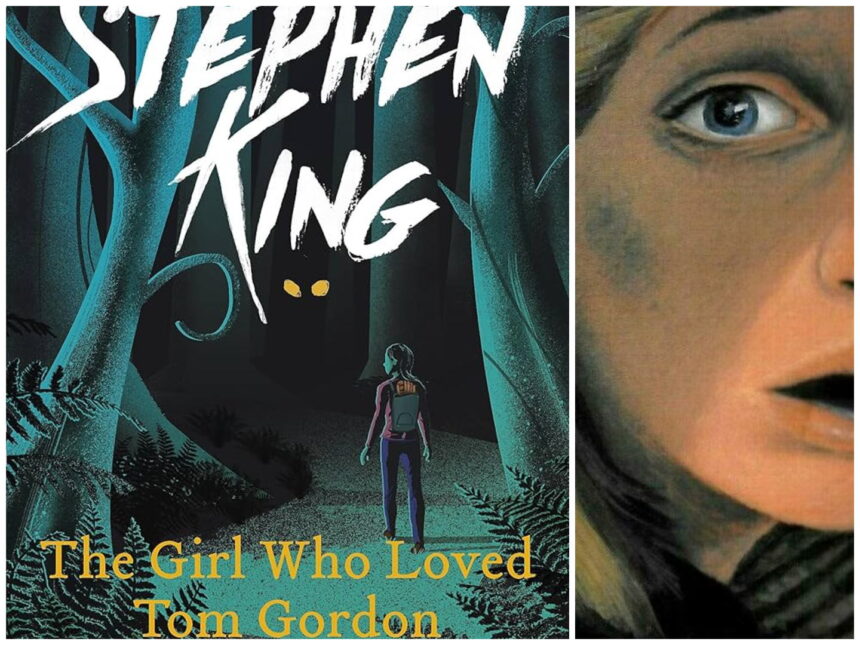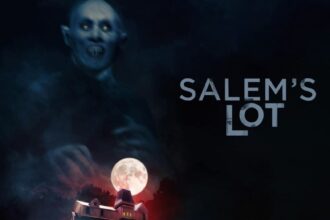Stephen King adaptations are like weather in New England—unpredictable, occasionally brilliant, but more often than not, a letdown. Yet here we are again, with Lionsgate handing the reins of The Girl Who Loved Tom Gordon to JT Mollner, the man behind Strange Darling, this year's surprise critical darling. The question isn't whether King's 1999 novel can be a great film—it's whether Mollner is the one to finally crack its eerie, introspective code.
The Source Material: King at His Most Psychological
For those who haven't dusted off their old paperback copy in a while, The Girl Who Loved Tom Gordon isn't your typical King horror fest. No demonic clowns, no haunted hotels—just a nine-year-old girl named Trisha, lost in the woods, her only lifeline a crackling Walkman broadcasting Red Sox games. As hunger and exhaustion set in, her mind conjures visions of relief pitcher Tom Gordon, a spectral guide in her fight for survival. It's Cast Away meets The Yellow Wallpaper, a slow-burn descent into isolation-fueled madness.
King has always excelled at turning ordinary fears into existential dread, and this novel is no exception. The real horror isn't some lurking monster—it's the fragility of a child's mind when stripped of all comfort. Adapting that without resorting to cheap jump scares or overwrought melodrama? That's the challenge.
Why Mollner Might Be the Right Man for the Job
Mollner isn't a household name—yet. But Strange Darling (2024), his twisty, psychological thriller, earned a staggering 96% on Rotten Tomatoes and snagged a few genre awards along the way. More importantly, it proved he understands tension, pacing, and the kind of slow unraveling that Tom Gordon demands.
He's also no stranger to King's world, having penned the script for The Long Walk, Lionsgate's upcoming adaptation of King's dystopian novel (directed by Francis Lawrence). That gives him an edge—he's already steeped in King's voice, already thinking about how to translate the author's internal monologues into visual storytelling.
The Pitfalls Ahead
Let's not pretend this is a guaranteed win. King adaptations live and die by their directors' restraint. For every Misery or The Shawshank Redemption, there's a Dreamcatcher or The Dark Tower—films that either overexplain the mystery or drown it in unnecessary spectacle.
Tom Gordon hinges on subtlety. If Mollner leans too hard into the supernatural, he risks losing the story's emotional core. If he plays it too safe, it could feel like a bland survival flick. The Walkman alone is a period detail that could either add texture or become a distracting gimmick.
Final Thought: A Cautious Optimism
Hollywood loves mining King's back catalog, but few adaptations truly get what makes his work tick. Mollner's Strange Darling suggests he has the chops to deliver something more than just competent—something unsettling, atmospheric, and true to the novel's quiet terror.
Will it work? Maybe. But if it does, it'll be because Mollner trusted the material—and didn't try to “fix” what wasn't broken.













